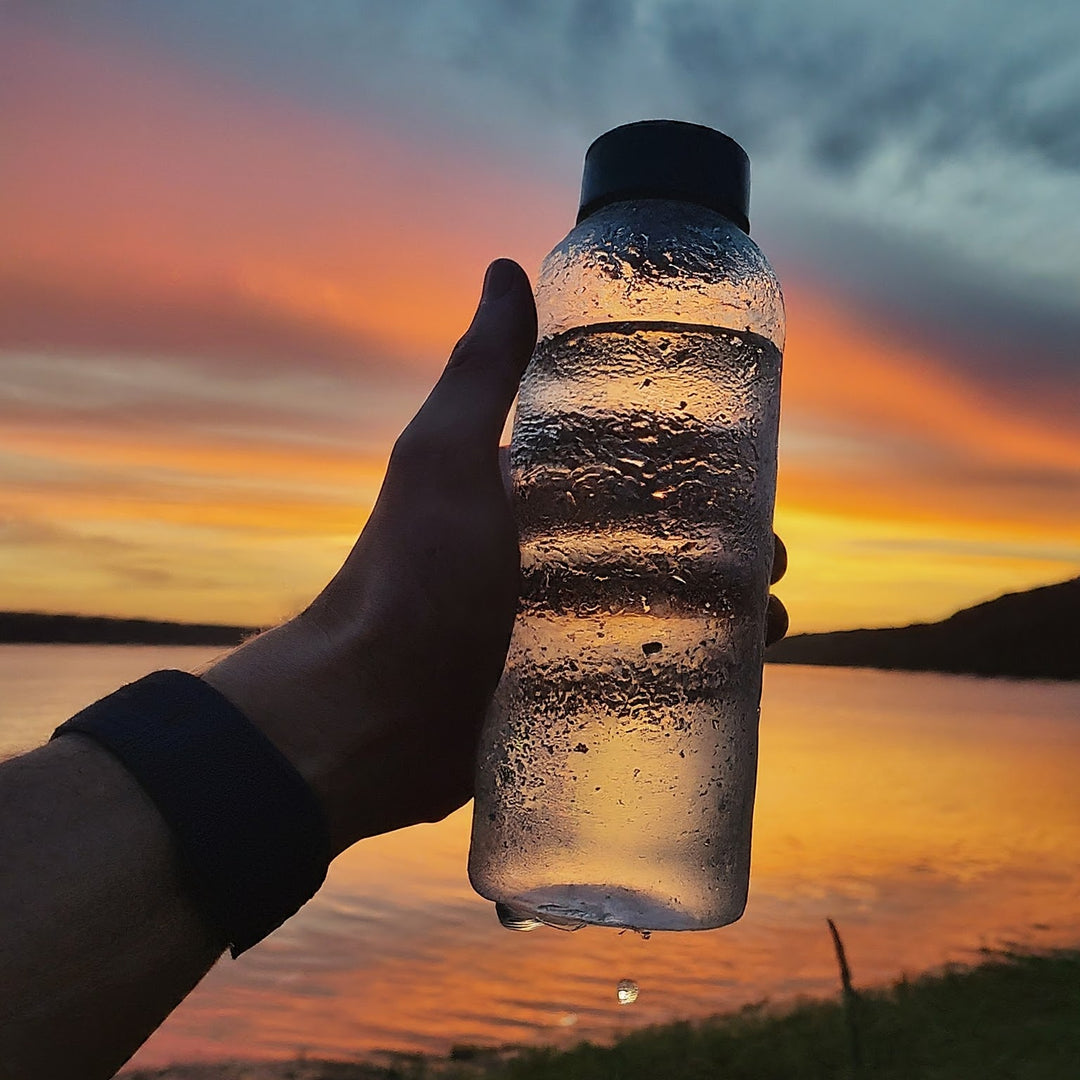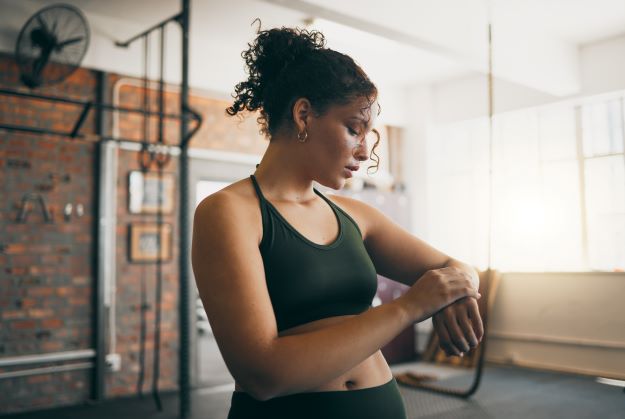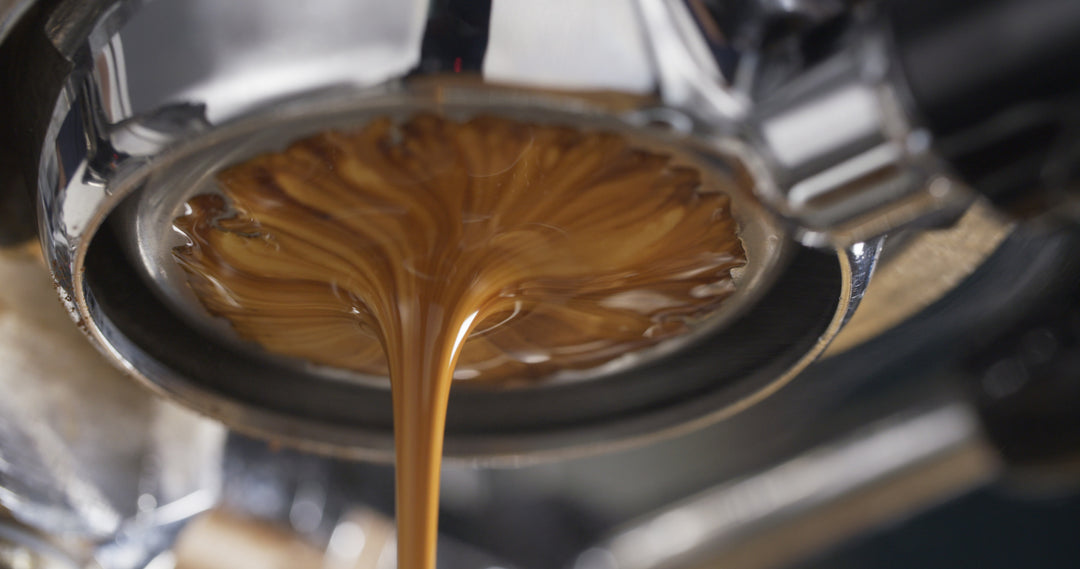The 5 Warning Signs of Low Caffeine Levels
Caffeine is an essential part of our daily lives. From coffee to tea and energy drinks, we rely on its energizing effects to get us through the day. But what happens when we don’t get enough caffeine? What are the signs that you need to increase your caffeine intake? Let’s take a closer look at the five warning signs of low caffeine levels.
Feeling Tired and Sluggish
One of the most common symptoms of low caffeine levels is feeling tired and sluggish throughout the day. This can be due to not having enough energy to complete tasks efficiently, or simply because you are not able to keep up with your daily activities. If this is happening more often than usual, it may be time to consider increasing your caffeine intake.
Headaches
Low levels of caffeine in people who consume it often can also cause headaches, especially if they consume caffeinated drinks regularly throughout the day. This is because without enough caffeine in your system, your brain does not receive the necessary stimulation it's used to to function properly, leading to tension headaches or migraines as a result.
Difficulty Concentrating
Another sign that you may need more caffeine is difficulty concentrating on tasks for extended periods of time. Without enough caffeine in your system, it can be hard for your brain to stay focused for long periods of time, making it difficult to finish projects or assignments in a timely fashion.
Irritability and Mood Swings
Low levels of caffeine can also affect how you feel emotionally throughout the day, leading to mood swings and irritability due to lack of focus or energy. If you find yourself feeling down or frustrated more frequently than usual, it could be due to low levels of caffeine in your system—increasing your intake may help improve this issue.
 Difficulty Sleeping
Difficulty Sleeping
Finally, low levels of caffeine in folks who are used to consuming caffeinated drinks can make it difficult to fall asleep at night—this is because, without enough stimulation during the day from caffeinated drinks like coffee or tea, it's harder for your body and mind to relax when it comes time for bedtime. Increasing your consumption of caffeinated beverages during the day may help improve this issue over time by providing a natural source of stimulation during waking hours. This can help regulate your schedule and make it easier for you to drift off into a restful sleep at night.
Different Types of Caffeinated Drinks
There are a variety of caffeinated drinks available to choose from, each with their own unique benefits. Coffee is one of the most popular ways to get a caffeine boost, and can be enjoyed hot or cold. Tea is another great option for those looking for an alternative to coffee—it has lower levels of caffeine than coffee, so it may help lessen the effects of a caffeine crash later on. Energy drinks provide an even bigger boost, and come in many different flavors. Many people prefer energy drinks because they come in convenient, ready-to-drink containers. However, it's important to be aware of the amount of caffeine they contain as they can have higher levels than coffee or tea.
All in all, there are several warning signs that indicate low levels of caffeine in our bodies, all of which can be alleviated by increasing our consumption of caffeinated drinks like coffee or tea during waking hours.
Strike Force Energy
If you're looking for an easy way to boost your energy levels and focus, Strike Force Energy's caffeinated drinks are the perfect solution. With their powerful combination of natural ingredients and caffeine, Strike Force Energy can help you stay energized and productive throughout the day. Its unique blend of caffeine and vitamins helps to provide sustained physical and mental energy, making it the perfect way to get your daily dose of caffeine. Try Strike Force Energy today and experience the power of an energized life!




